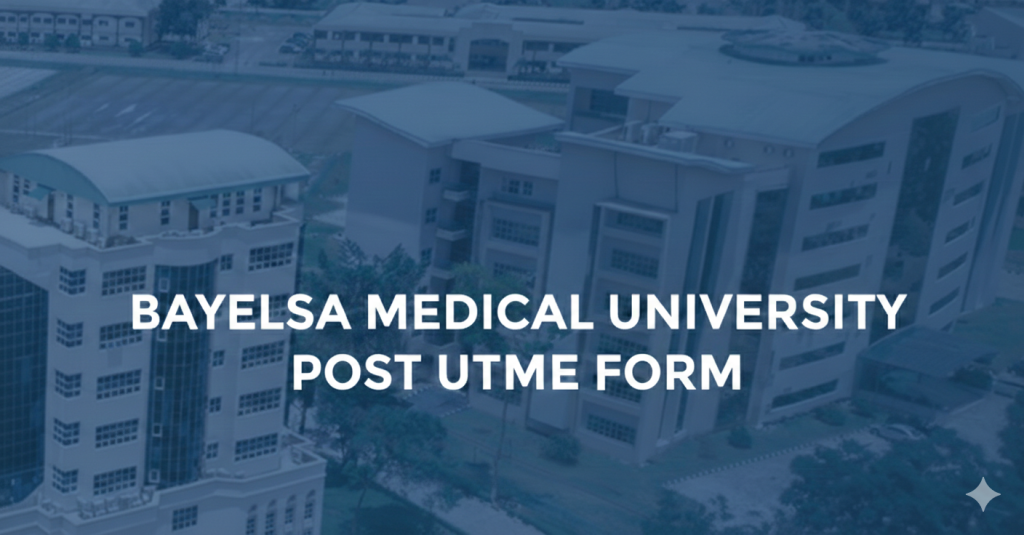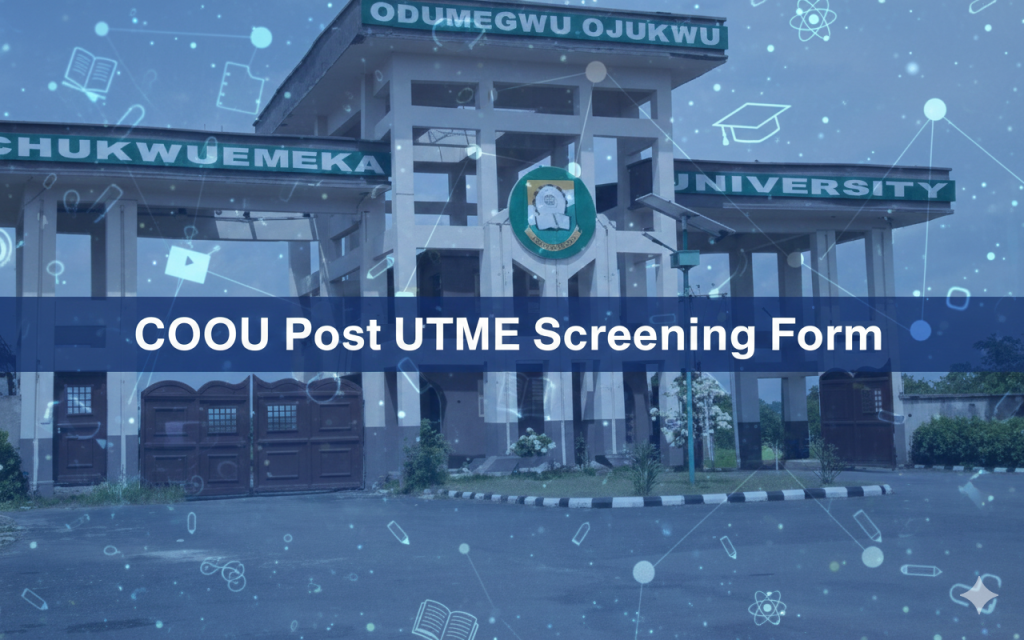
Image by rawpixel.com on Freepik
Introduction:
Educational planning plays a pivotal role in shaping the future of any nation. It serves as the roadmap for building a robust and effective educational system that equips individuals with the knowledge and skills needed to succeed in life. The objectives of educational planning are critical in ensuring that the educational system meets the diverse needs of learners, fosters personal and societal growth, and ultimately paves the way for educational excellence. In this article, we will explore the key objectives of educational planning and how they contribute to the achievement of educational excellence.
Access to Quality Education:
One of the primary objectives of educational planning is to ensure that every individual has access to quality education. This means that educational opportunities should be available and accessible to all, irrespective of socio-economic, geographical, or cultural backgrounds. In doing so, educational planning helps to bridge educational disparities and fosters inclusivity.
Relevance and Responsiveness:
Educational planning should aim to make education relevant to the needs of society and the economy. By aligning curricula with current trends and future job demands, educational systems can equip students with practical skills and knowledge that will serve them well in their careers.
Equity and Social Justice:
Educational planning should strive to reduce disparities in educational outcomes. This includes addressing issues related to gender, ethnicity, disability, and socio-economic status. Creating a fair and equitable system ensures that all individuals have an equal opportunity to succeed.
Quality Assurance:
Maintaining and improving the quality of education is a central objective. This involves setting standards, conducting assessments, and continuously enhancing teaching and learning methods. Quality assurance ensures that students receive an education that meets or exceeds international benchmarks.
Teacher Development:
Well-trained and motivated teachers are essential for a successful educational system. Educational planning should focus on the recruitment, training, and professional development of educators. This, in turn, contributes to the overall quality of education.
Innovation and Technology Integration:
In today’s digital age, educational planning should embrace technology and innovation. The objective is to harness the potential of technology to enhance teaching and learning, making education more engaging and effective.
Lifelong Learning:
Educational planning must recognize that learning is a lifelong journey. It should encourage a culture of continuous learning, enabling individuals to adapt to evolving knowledge and skill requirements throughout their lives.
Citizenship and Values:
Beyond academics, education should instill values, ethics, and responsible citizenship. Educational planning aims to produce well-rounded individuals who can contribute positively to society.
Research and Development:
Encouraging research and development in education is crucial. This objective seeks to foster innovation, refine educational strategies, and promote evidence-based decision-making.
Global Competence:
In an increasingly interconnected world, educational planning should equip students with a global perspective. This includes an understanding of international issues, cultural diversity, and the ability to communicate effectively across borders.
Conclusion:
Educational planning is a multifaceted process with the overarching objective of achieving educational excellence. To unlock the path to educational excellence, planners must address these key objectives to create a system that is accessible, equitable, responsive, and of the highest quality. By doing so, we can ensure that our educational institutions not only meet the needs of the present but also prepare individuals for the challenges and opportunities of the future.

